A common complaint that I get from many of my clients in my Cambridge practice is that they just don't feel themselves. It is often a mix of symptoms that add up to a warning sign that the body is not functioning as it should.
Tiredness and mental and emotional fatigue, sluggish digestion, weight gain, aches and pains and recurrent illness can all be signs that there is toxic overload in the body. It is a common problem as much of our lives today include toxins of some kind.
Food additives found in junk and processed foods, over consumption of caffeine, alcohol and sugar and environmental pollution all increase the levels of toxins in the body which hinder the proper functions of the organs.
Most of us cannot be perfect all the time and life is about variety be that an extra slice of cake or another glass of wine, but finding the balance is the key in maintaining good health.
Changing your diet and keeping active all help to get rid of toxins as does drinking plenty of water or herb teas and getting an early night which I recommend to all my clients but one of the best ways to help the body to detox is through reflexology.
Reflexology helps flush out toxins from the body by stimulating the energy flow through the important organs that are involved in detoxification including the liver, kidney, colon, lungs and skin.
The benefits of reflexology are innumerable and periodic detoxing is vital if our bodies are to function properly.






